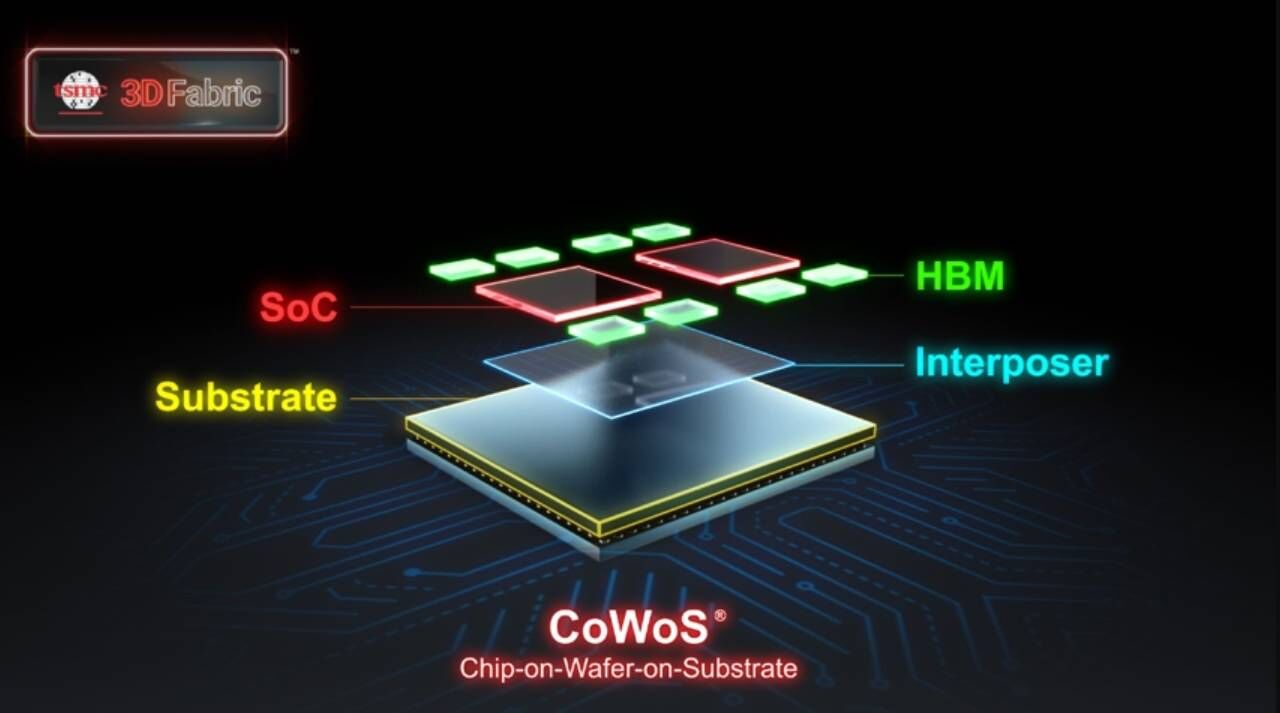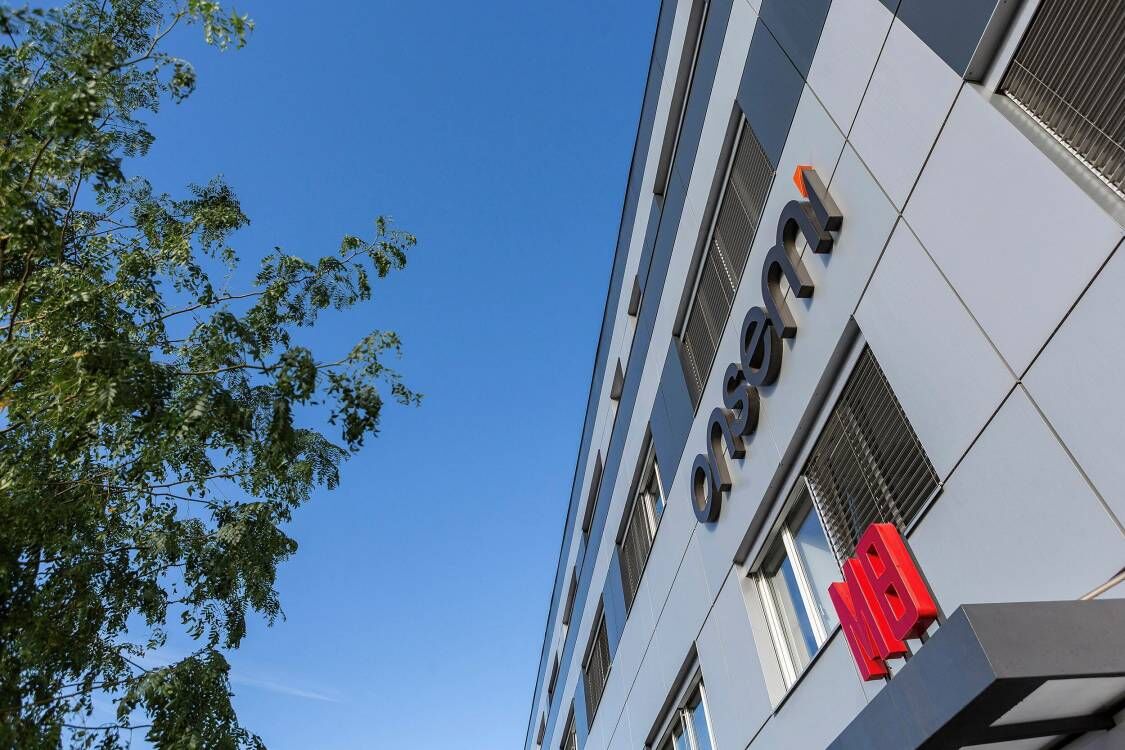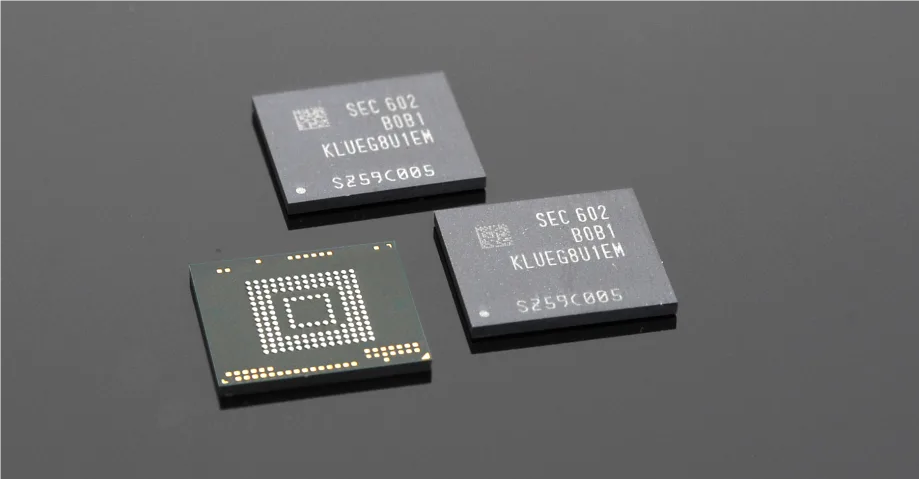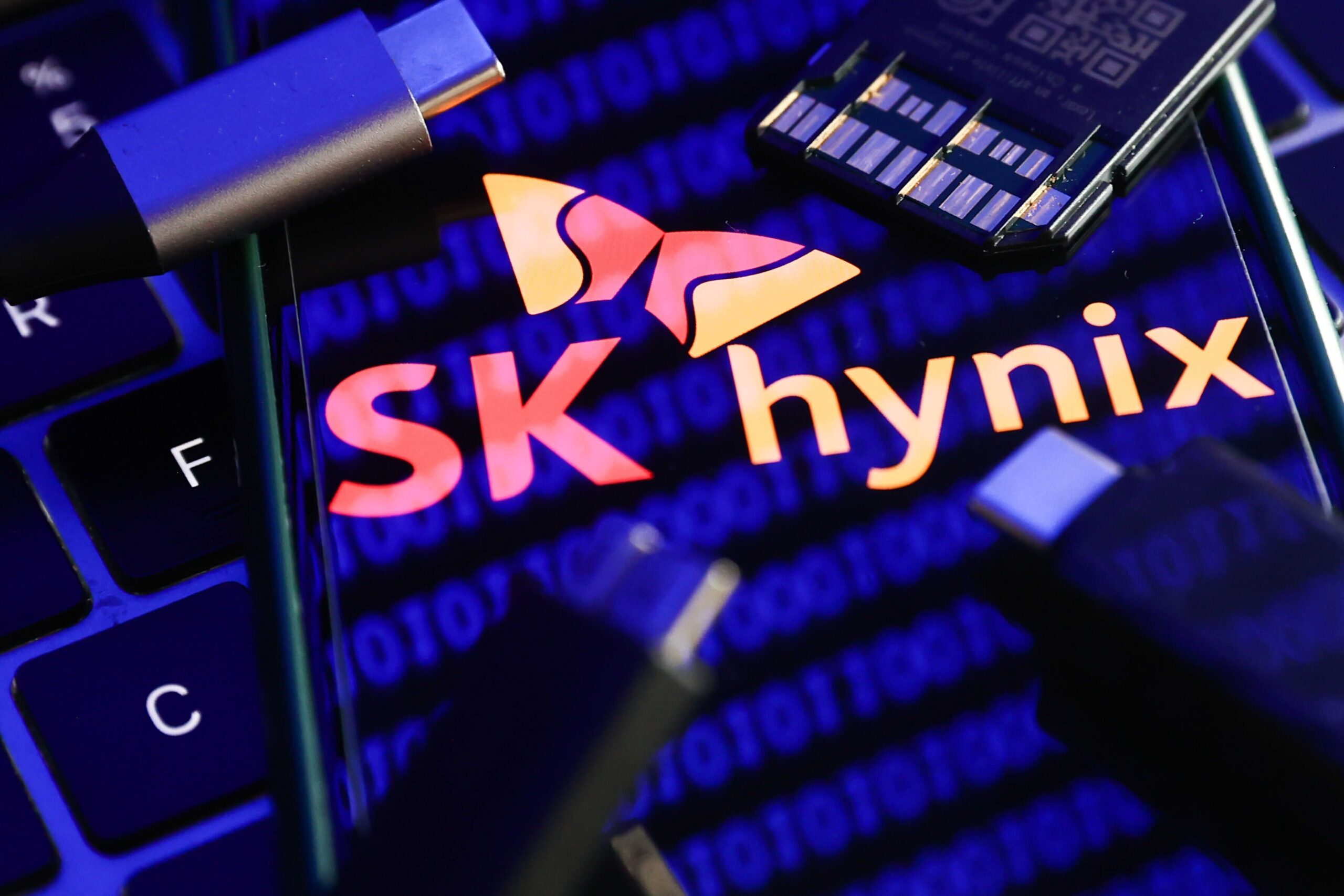Japan’s renewed ambitions in advanced chip manufacturing
November 27, 2025 /SemiMedia/ — Rapidus is moving ahead with its next phase of advanced semiconductor manufacturing, preparing to start construction of a second fab in fiscal 2027 as Japan intensifies efforts to rebuild domestic chip production. The new facility is planned to support 1.4nm technology by around 2029, with an option to evaluate future 1nm development as the company seeks to narrow the gap with global leaders.
Japan is expected to provide several hundred billion yen in subsidies for research and equipment, while additional funding will come from loans backed by major banks and private-sector investment. The overall commitment for the second fab is projected to exceed 2 trillion yen, reflecting the government’s determination to revive high-end logic manufacturing in the country.
Progress on Rapidus’ 2nm and 1.4nm roadmap
Rapidus’ first fab in Chitose, Hokkaido, remains on track to begin 2nm mass production in the latter half of fiscal 2027. Although the 2nm ramp-up is still progressing, the company has already launched full development for 1.4nm nodes and continues technical collaboration with IBM, which supplies key know-how for its 2nm technology.
The race toward narrower linewidths is intensifying across the industry. TSMC aims to begin 2nm mass production in 2025 and target 1.4nm by 2028, while Samsung has set 2027 for its 1.4nm rollout. Rapidus hopes that a fast construction schedule will help it stay in contention, though analysts note that leading-edge processes worldwide face yield constraints that may pose challenges for the Japanese newcomer as well.
Global race toward next-generation nodes
As smaller nodes deliver higher performance and improved efficiency, chips at 1.4nm and below are expected to play a central role in AI servers, data-center infrastructure, robotics, autonomous vehicles and premium mobile devices. A successful ramp by Rapidus would strengthen Japan’s position in the global advanced-logic landscape.












All Comments (0)